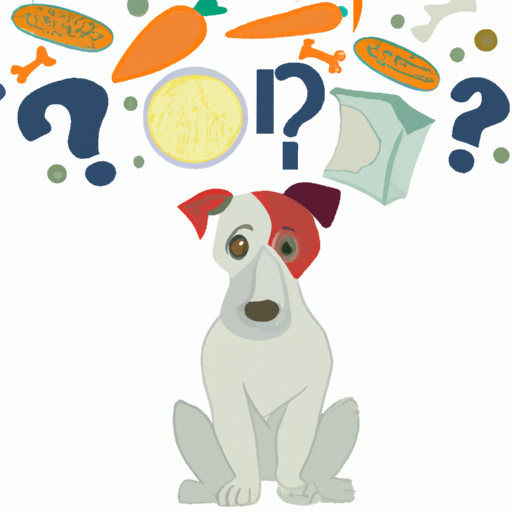As a caregiver, it’s crucial to understand the factors that affect your furry friend’s health. In this case, let’s dive into the causes of constipation in dogs and how you can help.
H2: The Role of Diet in Canine Constipation
Diet plays a significant part in your dog’s digestive health. Just like humans, a dog’s diet affects its bowel movements.
- Lack of fiber: Fiber softens the stool and aids in digestion. A diet low in fiber may cause constipation.
- Dehydration: Water is crucial for healthy digestion. If your dog is not drinking enough water, it may lead to hard, dry stools.
- Overfeeding: Overeating can cause constipation. It puts extra pressure on the digestive system, leading to difficulty in passing stools.
H2: The Impact of Physical Activity
Physical activity stimulates the bowel movements in dogs.
- Lack of exercise: Dogs that are not getting enough physical activity may suffer from constipation.
- Age-related issues: Older dogs may suffer from constipation due to decreased mobility.
H2: Underlying Health Issues
Sometimes, constipation could be a symptom of an underlying health issue.
| Health Issue | How it causes constipation |
|---|---|
| Anal gland issues | These can cause discomfort and make it difficult for your dog to pass stool. |
| Kidney disease | This can lead to dehydration, which can cause constipation. |
| Neurological disorders | These can affect your dog’s ability to defecate. |
H2: Medications
Certain medications can cause constipation in dogs. Always consult with your vet about potential side effects of any medication.
- Pain Medication: These can slow down the bowel movements, leading to constipation.
- Antihistamines: These can cause dryness in the body, resulting in hard stools.
H2: Ingestion of Foreign Objects
Sometimes, dogs ingest non-food items that can cause a blockage in their digestive system, leading to constipation.
If you suspect your dog has swallowed a foreign object, it’s crucial to seek veterinary assistance immediately.
Frequently Asked Questions
Q: Can a change in diet help my dog’s constipation?
A: Yes, adding fiber to your dog’s diet can help improve digestion and relieve constipation.
Q: Are there any home remedies for dog constipation?
A: While some suggest pumpkin or more hydration, always consult your vet before trying home remedies.
Q: How long can a dog go without pooping?
A: Typically, dogs should poop at least once a day. If it’s been more than two days, consult your vet.
Remember, as a caregiver, it’s your responsibility to monitor your dog’s health. If you notice any prolonged issues with constipation, seek veterinary help promptly.



